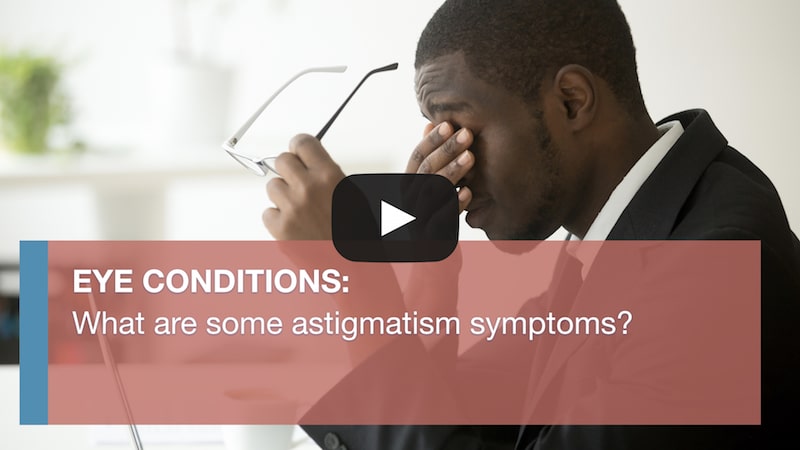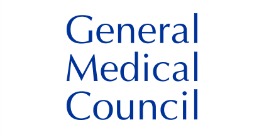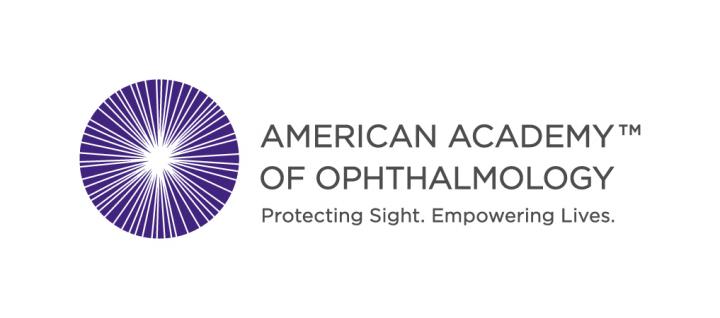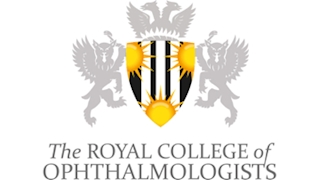An introduction to Astigmatism
Astigmatism is an imperfection in the curvature of your eye’s cornea or lens. Normally, the cornea and lens are smooth and curved equally in all directions. This helps to focus light rays sharply onto the retina at the back of your eye. If your cornea or lens isn’t smooth and evenly curved, light rays aren’t refracted (bent) properly. Doctors call this a refractive error.

Astigmatism causes
When your cornea has an irregular shape, you have corneal astigmatism. When the shape of your lens is distorted, you have lenticular astigmatism. In either case, your vision for both near and far objects is blurry or distorted. It’s almost like looking into a funhouse mirror in which you can appear too tall, too short, too wide or too thin.
People may have astigmatism along with other refractive errors. Those errors may include things like:
- Nearsightedness (myopia)
- Farsightedness (hyperopia)
- Adults with significant astigmatism may realize their vision isn’t as good as it should be. Children with astigmatism symptoms may not be aware they have this condition. They are unlikely to complain about blurred or distorted vision.
An eye that focuses light correctly on the retina. In a normal eye, the cornea and lens focus light rays on the retina. An eye with astigmatism focuses light incorrectly. Light is focused both in front of and behind the retina. In astigmatism, images focus in front of and beyond the retina. Close and distant objects both appear blurry. Uncorrected astigmatism can impact a child’s ability to achieve in school and sports. It is crucial that children have regular eye exams. Get these exams to detect astigmatism and other vision problems as early as possible.
What Causes Astigmatism?
Astigmatism is caused by an irregular curvature of the eye’s cornea or lens. If your cornea or lens isn’t evenly curved, light rays aren’t refracted properly. With astigmatism, you have blurred or distorted vision at near and far distances. Astigmatism is very common. Doctors don’t know why corneal shape differs from person to person. They do know that the likelihood of developing astigmatism is inherited. Astigmatism can develop after an eye disease, eye injury or surgery. It is a myth that astigmatism can develop or worsen from reading in low light or sitting very close to the television.
Astigmatism Symptoms
Astigmatism symptoms may include:
- Blurry vision or areas of distorted vision
- Eyestrain
- Headaches
- Squinting to try to see clearly, or
- Eye discomfort

At a glance
TREATMENT OPTIONS
YOUR SPECIALIST
Astigmatism examination in Bermuda
If you have the symptoms we describe above, you may not necessarily have astigmatism. You should visit your ophthalmologist. A complete eye exam will determine what is causing your symptoms.
Latest news from your eye doctor in Bermuda
We regularly share new videos and blog posts for our Bermudian patients about common eye questions and concerns. You can subscribe at the bottom of this page to receive the latest updates.
Does Age-related Macular Degeneration treatment hurt?
Age-related Macular Degeneration treatment is quite comfortable for most patients. We ensure that patients are as comfortable as possible before beginning.
How much does glaucoma treatment cost?
The glaucoma treatment cost depends on the type of glaucoma the patient has. It also depends on their insurance coverage.
Does cataract surgery hurt?
Because of the anaesthetic eye drops we administer before and during a cataract operation, the treatment does not hurt. Most patients are very comfortable during the procedure.
Memberships and Accreditations
About the author
Leonard Teye-Botchway
Consultant Ophthalmic Physician and Surgeon |MBChB, FRCS(G), MBA, FWACS, FGCS, DCEH (Lond), Postgraduate Diploma in Cataracts and Refractive Surgery
I am Leonard Teye-Botchway and I am the Medical Director and Consultant Ophthalmologist at Bermuda International Institute of Ophthalmology in Bermuda. The joy and elation I get from seeing patients who are very happy they can see after surgery is almost unimaginable. This is what really drives me to carry on being an ophthalmologist.
We have sourced some or all of the content on this page from The American Academy of Ophthalmology, with permission.












